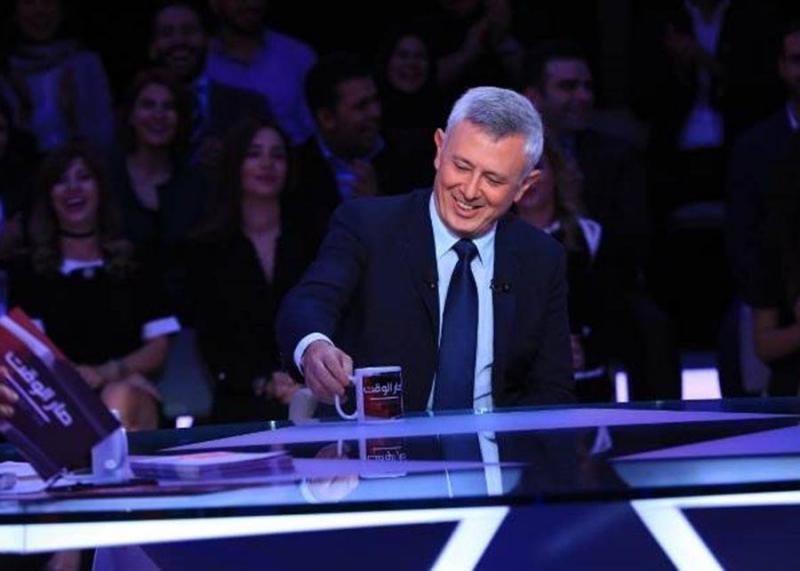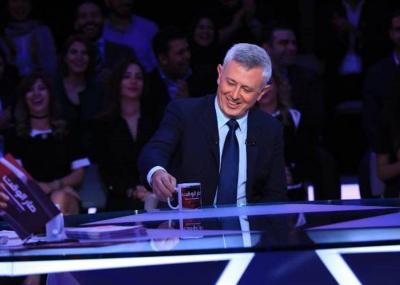In his recent television appearance last September, former MP Sleiman Frangieh, head of the Marada Movement, revealed everything he had and laid out all his cards, which have always been clear. In politics and economics, he said what he wanted to say, and since then, the issue of his candidacy for the presidency has not followed the necessary course, meaning that the allied parties have not publicly endorsed the candidacy nor expressed their support. Matters continued to unfold secretly, with meetings and communications attempting to arrange an agreement on "Sleiman Bey." Either the nomination is made correctly—supported, established, and capable of achievement—or there will be no candidacy at all. This is how Frangieh hinted in the same interview that this was the last opportunity.
Certainly, those close to him heard his innermost thoughts before the more distant ones. This was a deliberate message from Frangieh, after which he turned to monitor the reactions and how they would respond. Perhaps he played it "right," as the name Frangieh is desirable to the Shiite duo, and his positions are neither colored nor twisted, so there is no fear of a "stab" or anything similar through him. However, the duo realizes that consensus on his name is not available; even the Christian team close to Hezbollah, namely the Free Patriotic Movement, did not align with him in supporting Frangieh, and the information and discussions that have been conveyed reinforce this direction.
But for the Development and Liberation bloc, as noted by Political Advisor to President Nabih Berri, MP Ali Hassan Khalil, the stance on Frangieh's nomination has not changed. Accordingly, Frangieh's candidacy awaits the circumstances, timing, and movement of allies. It is likely that no hasty step will be adopted.
Informed political sources, speaking to "Akhbar Al-Yawm," mention limited movements and signals understandable to the discerning regarding support for the head of the Marada Movement. Thus, the public candidacy will not be presented before the matter is fully addressed in a respectable and serious manner capable of creating the required breakthrough. Here lies the problem, since in a simple arithmetic process, the required quorum will not work in favor of Frangieh except after a certain settlement. This settlement has not yet come, and it may not come at all.
These sources believe that the observable facts indicate that the issue of nominating Frangieh is still at the beginning of the road; the journey is long, and internal consultations are ongoing, but they may not meet the required purpose at least for now. Therefore, the bilateral or consultative meetings overseen by Speaker Nabih Berri, which occur from time to time to foresee matters without attempting to impose an opinion regarding Frangieh's adoption, could take place.
The same sources state that Hezbollah, at the same time, continues to prepare the groundwork for the candidate it supports and is working to bring forward. Ultimately, the party's tactic requires this, and "the close ones deserve the favor," for the benefit of both the party and the public interest.
But is the burning of Frangieh's name possible? Here the sources respond that Frangieh will not accept this, as he made it clear to everyone: either the conditions for presenting his name decisively and seriously are met this time, or he will announce his withdrawal from any future candidacy.
They believe that, ultimately, parties may be convinced of the principle that we know the presidential candidate's character better than one we are just getting to know. Hence, the question posed today is whether the suitable climate is being prepared to elevate Sleiman Bey to the presidency, or will attempts to adopt him as the unifying president collide with local and foreign obstacles?




